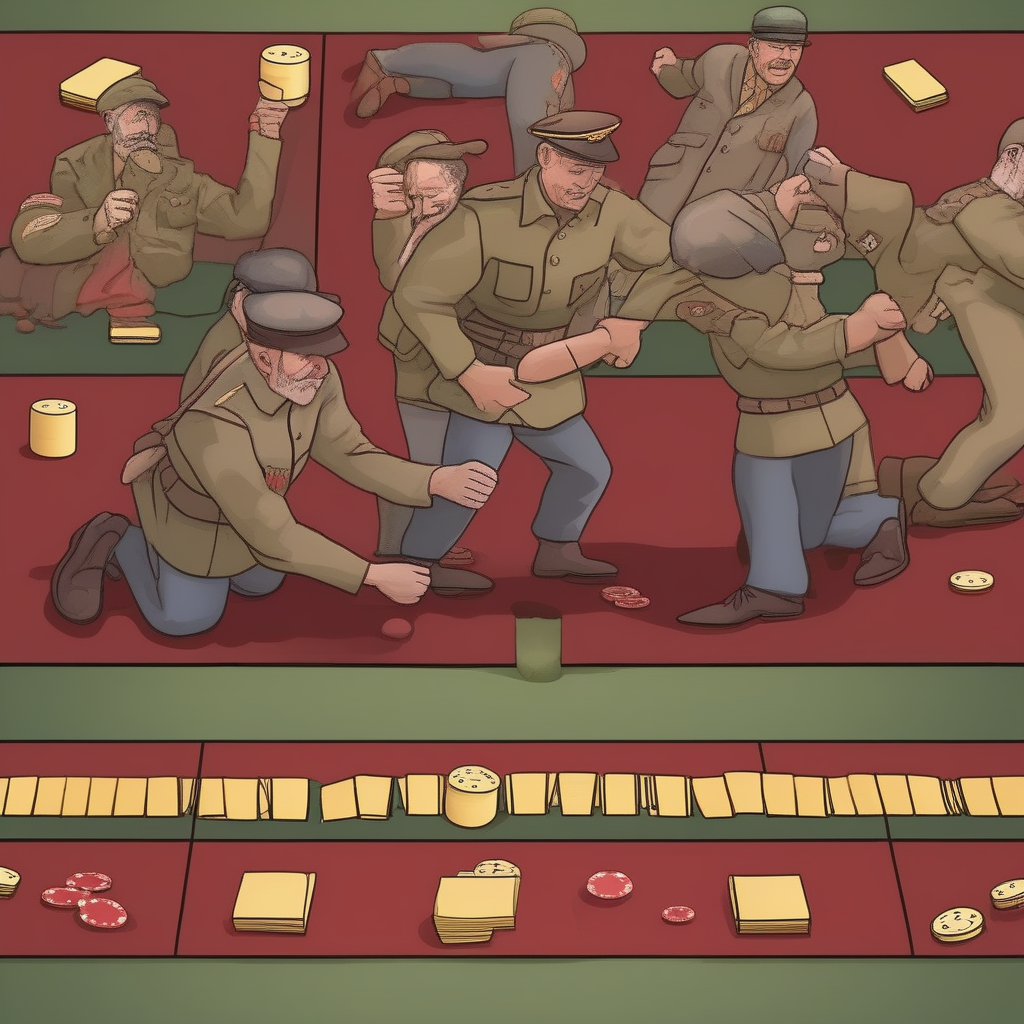Two-up is a traditional Australian gambling game that is often played on Anzac Day, a national holiday commemorating the contribution and sacrifice of Australian and New Zealand soldiers in wars and conflicts. The game has its roots in the gambling games played by British sailors and convicts in the 18th and 19th centuries, and it was brought to Australia by early settlers.
Two-up is a simple game that involves tossing two coins into the air and betting on the outcome. The coins are placed on a small wooden paddle called a “kip” or a “spinner,” which is then flipped upwards using a swift motion of the wrist. The aim is to correctly predict whether the coins will fall as both heads, both tails, or one head and one tail. The results are called “heads I win,” “tails you lose,” and “odds,” respectively.
What makes two-up unique is its social nature and the atmosphere it creates. In traditional settings, such as RSL (Returned and Services League) clubs or pubs, players gather around a designated area called the “ring” to watch and bet on the game. It is common for spectators to cheer and get involved, creating an exciting and lively environment. Two-up is not just about winning or losing money; it is about coming together as a community, sharing stories, and honoring the Anzac spirit.
While the popularity of two-up has declined in recent years due to stricter gambling regulations, the game still holds a special place in Australian culture and history. It serves as a reminder of the bravery and camaraderie of the soldiers who fought for their country. Two-up is not just a game; it is a symbol of patriotism, remembrance, and the Anzac spirit that continues to resonate with Australians.
